Publications
Articles, publications, books, tools and multimedia features from the U.S. Institute of Peace provide the latest news, analysis, research findings, practitioner guides and reports, all related to the conflict zones and issues that are at the center of the Institute’s work to prevent and reduce violent conflict.
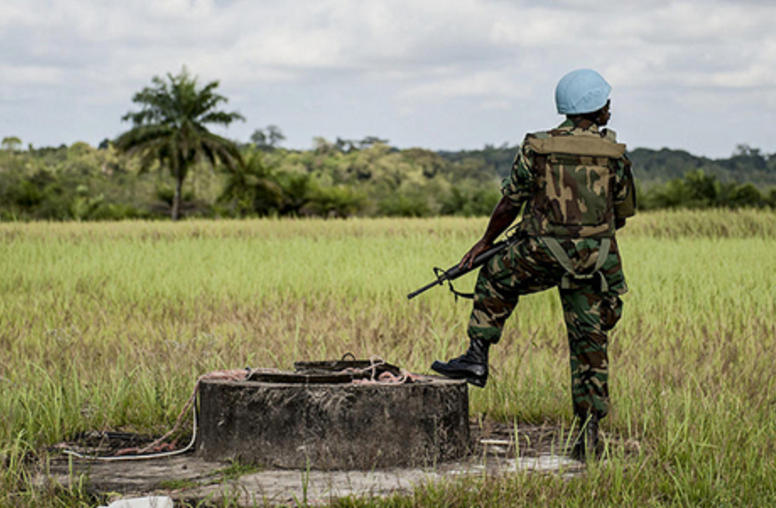
Africa Peacekeeping: Lessons from a Ghanaian Commander
For peacekeeping forces in Africa, the days of simply patrolling a ceasefire line or keeping local armies apart are over. Their assignments today increasingly include protecting civilians, confronting violent extremism and even engaging in what amounts to counter insurgency. These new burdens demand better preparation of troops headed for missions and clearer thinking by those who send them, Ghanaian Army Colonel Emanuel Kotia, a leading trainer of African peacekeepers, said at a U.S. Institute of Peace forum.
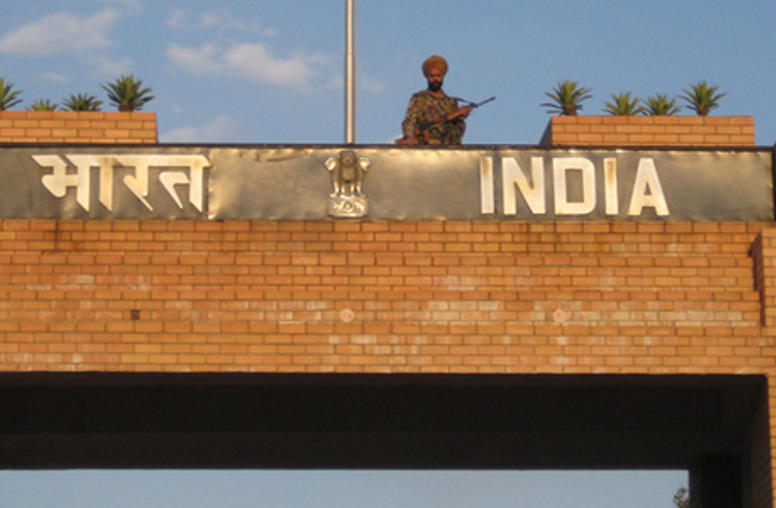
Is the United States Ready for the Next India-Pakistan Crisis?
When terrorists attacked India’s Pathankot air base near the Pakistani border in January, and India said the assailants had come from Pakistan, observers worldwide momentarily held their breaths, wondering whether this confrontation would spin into wider violence.
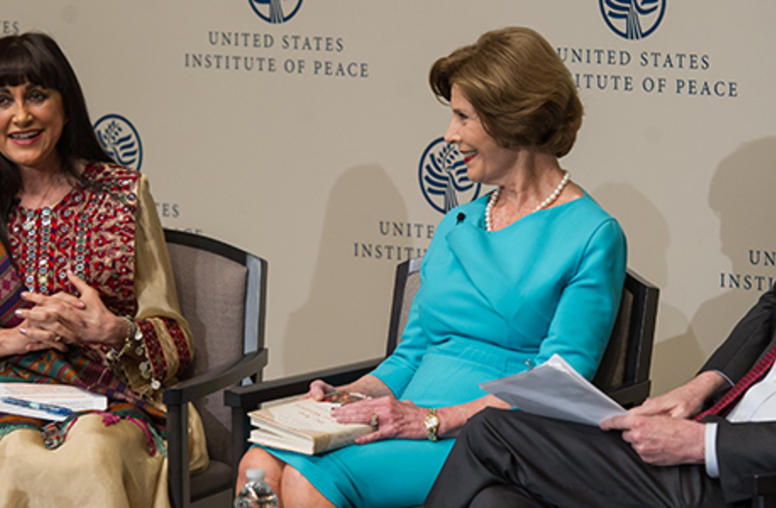
Laura Bush Urges Sustained Support for Afghan Women
Former first lady Laura Bush said the international community must continue to support the reconstruction of Afghanistan and progress for the country’s women through aid, investment and an ongoing presence of American troops. Speaking at the U.S. Institute of Peace on March 15, Bush said she remains hopeful for the country’s future, in part because of the spirit of Afghan women and the strides they have made in education, business and government.
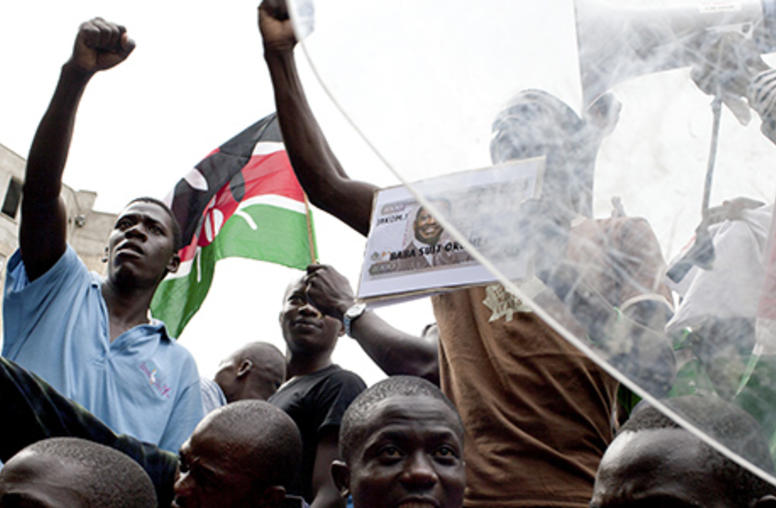
International Election Fraud Alerts May Spark Violence
Condemnations of election fraud by international monitors have become staples of global efforts to advance democratic practices and honor the will of a country’s citizens. But what if these denunciations actually make things worse? That was the finding from three years of research conducted by the winner of the U.S. Institute of Peace’s first Peace Dissertation Prize, Inken von Borzyskowski.
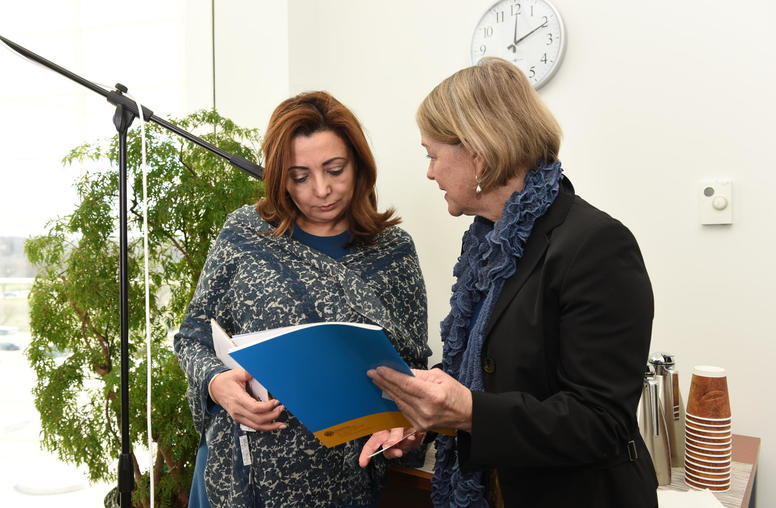
Group Leader in Nobel-Winning Quartet: Tunisia Needs Education Review for Jobs
The president of one of the four civil society organizations in the Nobel Prize-winning Tunisian National Dialogue Quartet said her country will need to make changes in its education system to reduce unemployment and adapt to an evolving economy. In a videotaped interview during a visit to USIP, Ouided Bouchamaoui talked about some of the many issues facing Tunisia during its still-precarious transition and about the status of women in society and the economy.
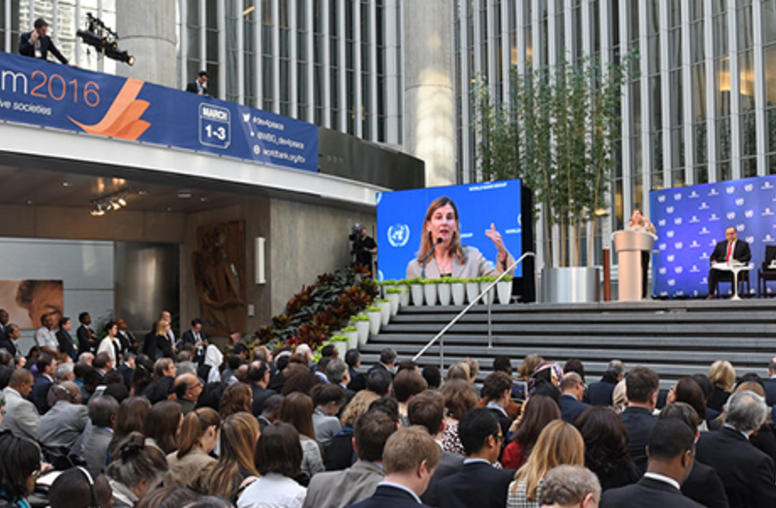
Fragile States Require Unified Response, Lindborg Says
U.S. Institute of Peace President Nancy Lindborg called for united action by humanitarian and economic development organizations, telling the opening session of the World Bank’s 2016 “Fragility Forum” that peace, development and security are inextricably linked in today’s world crises.
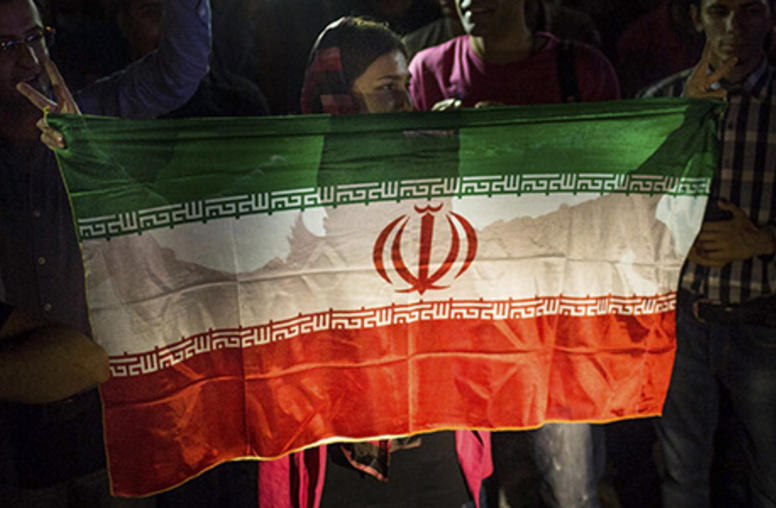
Q&A: Iran’s Elections Erode Hardliners’ Dominance
Results from Iran’s elections last week show that reformists, centrists and independents—including many new faces—won seats in both parliament and the clerical Assembly of Experts at the expense of hardliners. Garrett Nada, the assistant editor of The Iran Primer at the U.S. Institute of Peace, discusses the implications.
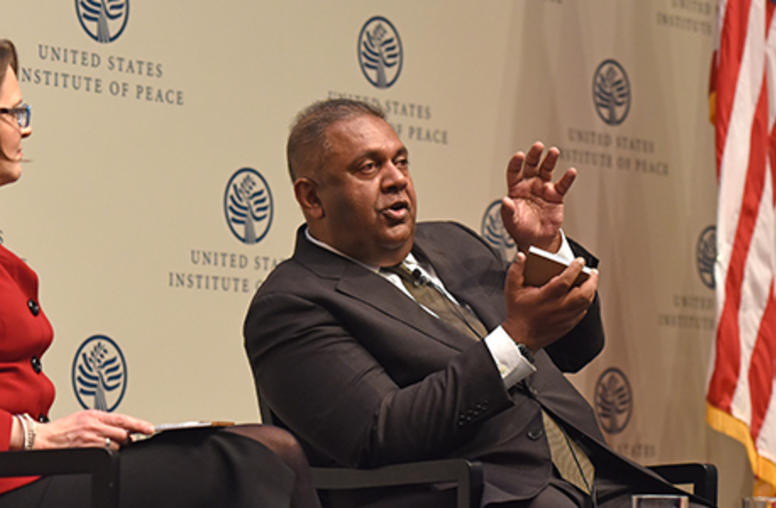
Sri Lanka Steps Carefully in Shaping Courts to Try War Atrocities
The Sri Lankan government expects to decide within six months the shape of special courts to address war crimes committed in the country’s 26-year civil war, its foreign minister said at the U.S. Institute of Peace. The courts will include “international participation”—with foreign professionals perhaps serving as investigators, judges or prosecutors—said Foreign Minister Mangala Samaraweera. But in a reflection of the political sensitivities of the post-war reconciliation effort, Samaraweera...
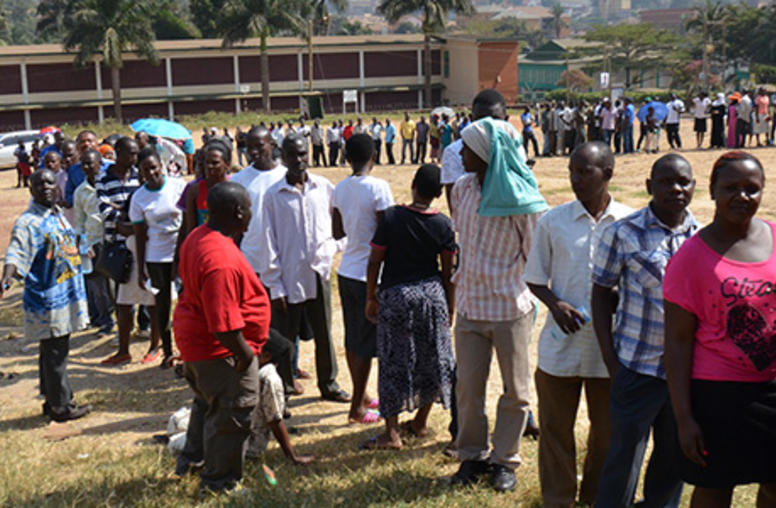
Q&A: Uganda’s Troubled Election
Political polarization is high in the East African nation of Uganda, following the February 18 elections in which President Yoweri Museveni has claimed a victory that will extend his 30-year rule of the country. Elizabeth Murray, who oversees USIP’s programming and research in Uganda, discusses the tensions created by the elections, including the government’s repression, and arrests, of political opponents.
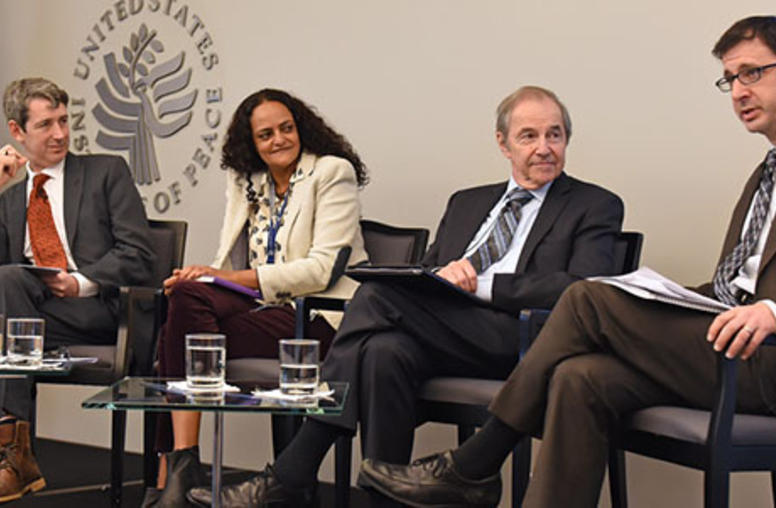
Patronage and Peace in the Horn of Africa
Peacebuilders in the Horn of Africa and across the larger Middle East are likely to get better outcomes with a greater understanding of the region’s “political marketplace,” where loyalties based on financial and economic means seem to create more stability than classic institution-building, according to Alex de Waal, executive director of the World Peace Foundation and a professor at Tufts University. But rather than succumbing to illegitimate patronage, some experts say the answer may lie i...